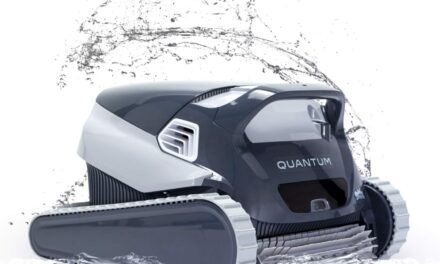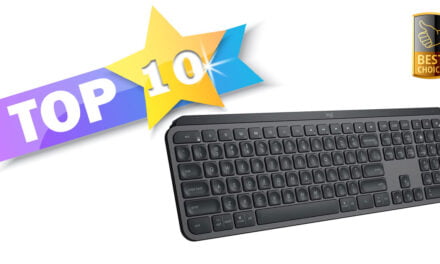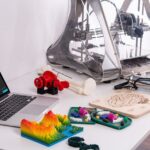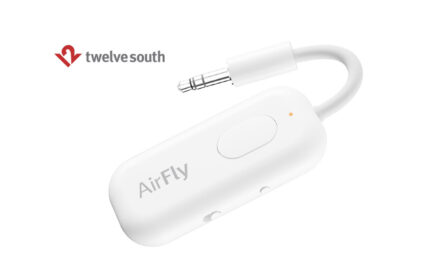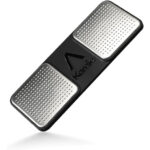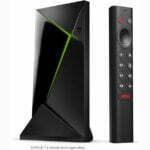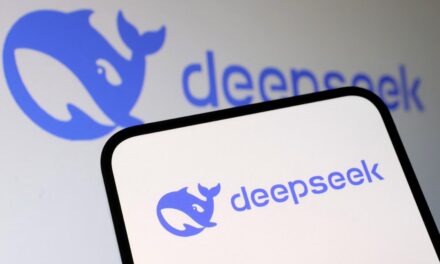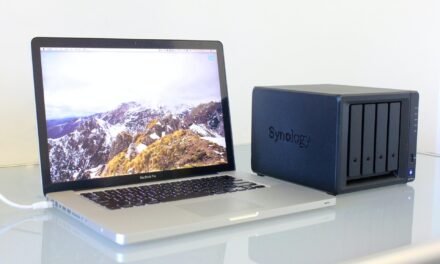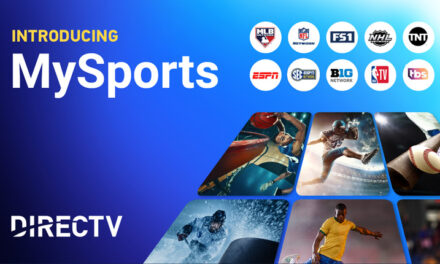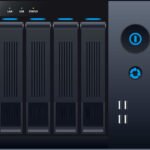
Amazon to Remove Kindle “Download and Transfer via USB” Feature

Amazon’s announcement to remove the “download and transfer via USB” feature from Kindle devices represents a significant shift in digital content management. This change, effective February 26, 2025, has broad implications for device functionality, content accessibility, and digital rights management.
Historical Context and Technical Evolution
The original Kindle ecosystem, implemented from 2007 to 2023, provided direct file system access via USB. This system supported multiple file formats including MOBI, AZW, and AZW3, while offering unrestricted file transfer capabilities. Users maintained control over their backup systems and could manage content across various devices without restriction.
A significant shift occurred in 2023 when Amazon transitioned to the Media Transfer Protocol (MTP). This change introduced device-side content filtering and software-mediated transfers. The transition created notable complications across operating systems, requiring custom software for macOS users and causing compatibility issues for Windows users, while offering limited support for Linux systems.
The current system architecture implements filtered file system access with enhanced DRM implementation. All content must pass through server-side validation, significantly restricting format conversion capabilities compared to previous iterations.
Technical Impact Analysis
The removal of USB downloads creates distinct challenges for different device generations. Legacy devices without Wi-Fi capabilities face the most severe impact. The first-generation Kindle (2007), which relied on EVDO networks, will completely lose the ability to receive new content. The Kindle 2 (2009) and Kindle DX (2009), both dependent on now-defunct 3G networks, will effectively become obsolete for new purchases.
Modern devices face different but equally significant restrictions. These devices will require constant internet connectivity for content management. The forced adoption of the KFX format, combined with enhanced DRM restrictions, substantially limits users’ ability to maintain personal backups of their libraries.
File Format Implications
The current AZW3 format offers relatively flexible DRM implementation and better support for format conversion. Third-party tools can more easily interact with AZW3 files, and legacy devices maintain better compatibility with this format. In contrast, the KFX format implements enhanced DRM protection that severely limits conversion options and device compatibility, though it does offer improved typography and layout features.
Format migration presents several technical challenges. The conversion process becomes more complex under the new system, while DRM implementation differences create additional barriers. Device compatibility issues may arise, and content preservation becomes more challenging as access methods become more restricted.
All-new Amazon Kindle Paperwhite
View
$159.99
All-new Amazon Kindle Paperwhite (16 GB) Our fastest Kindle ever, with new 7" glare-free display and weeks of battery life Black
We may earn a commission if you make a purchase, at no additional cost to you.
03/09/2025 05:15 pm GMT
Conclusion
The removal of Kindle’s USB download feature represents a fundamental shift in digital content management and user rights. This change affects not only immediate content access but also long-term digital library preservation and device functionality. Users must carefully consider their content management strategies and potentially explore alternative platforms to maintain control over their digital libraries.
This transition highlights broader industry trends toward tighter content control and reduced user autonomy, emphasizing the importance of understanding digital rights and content management in an increasingly restricted ecosystem. The changes implemented by Amazon may set precedents for how other digital content providers approach content control and user access in the future.

